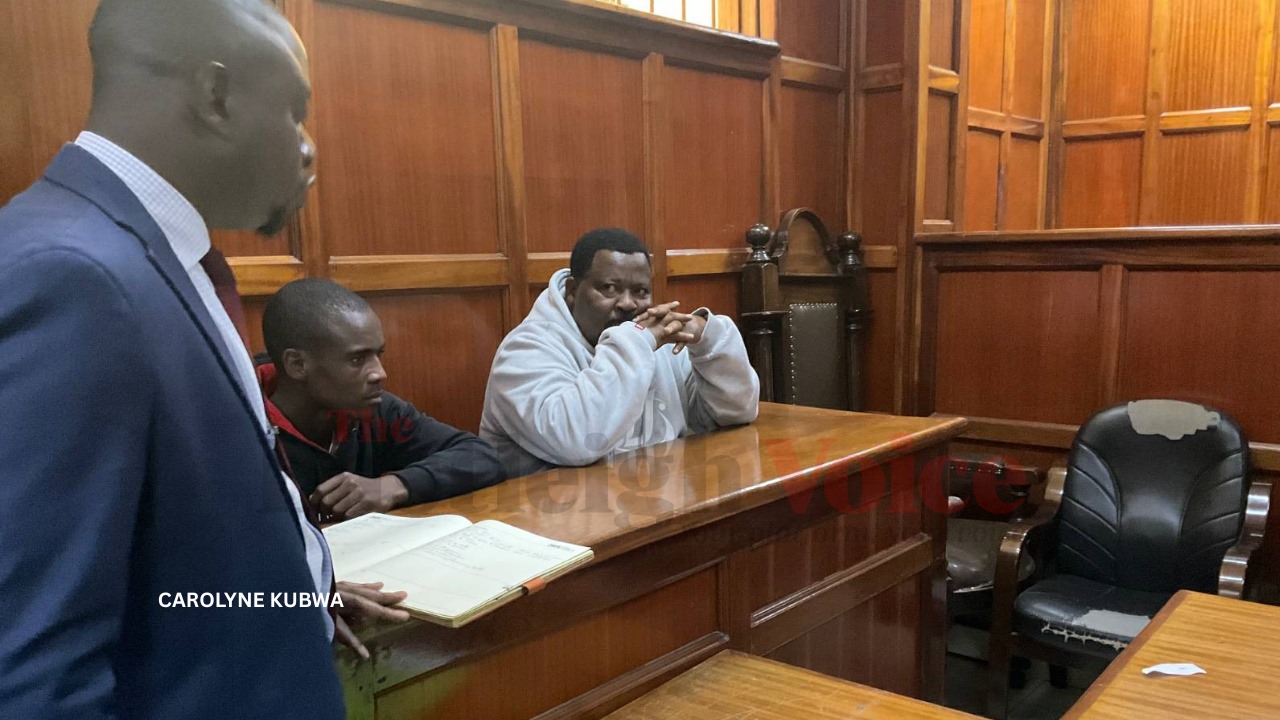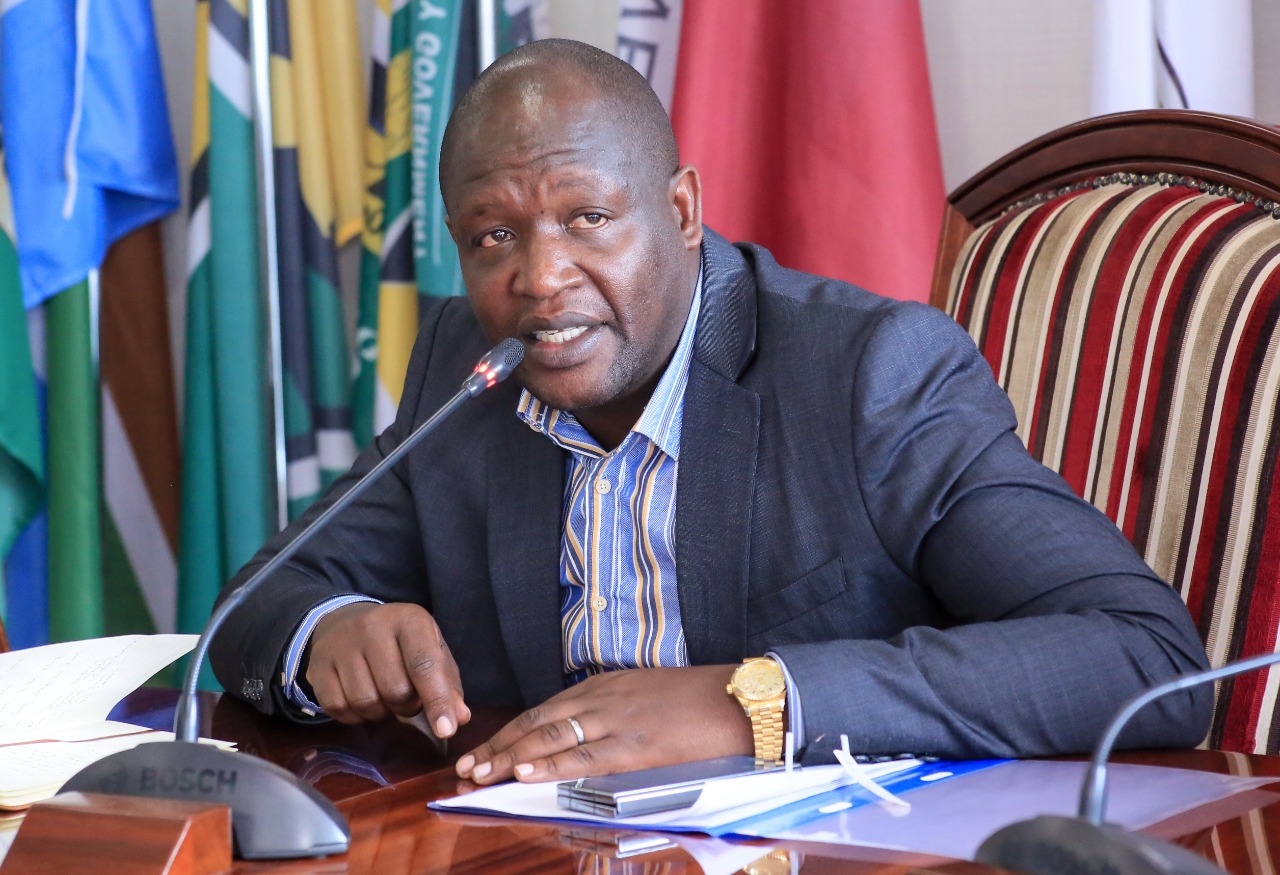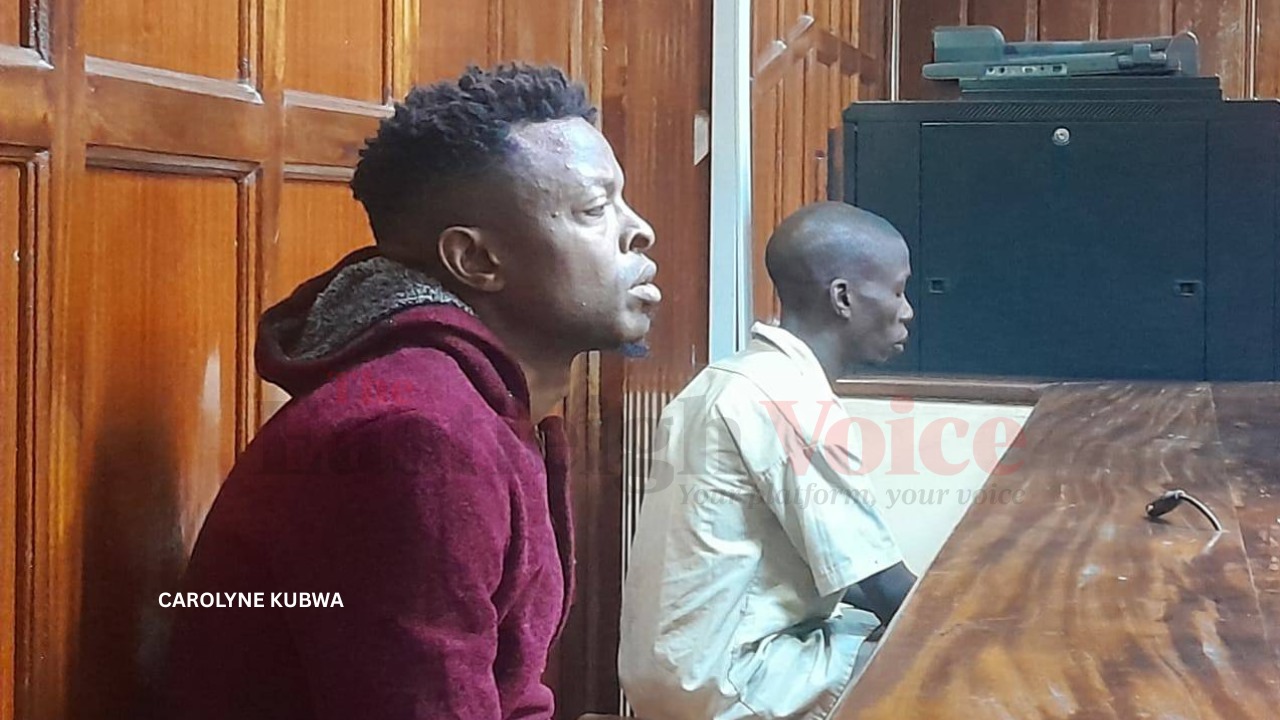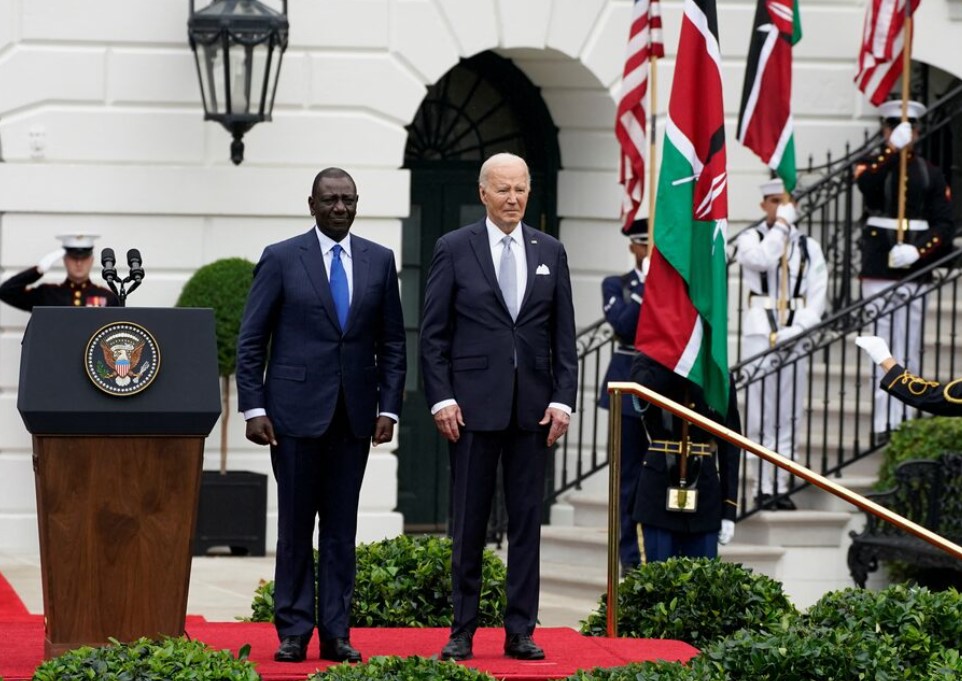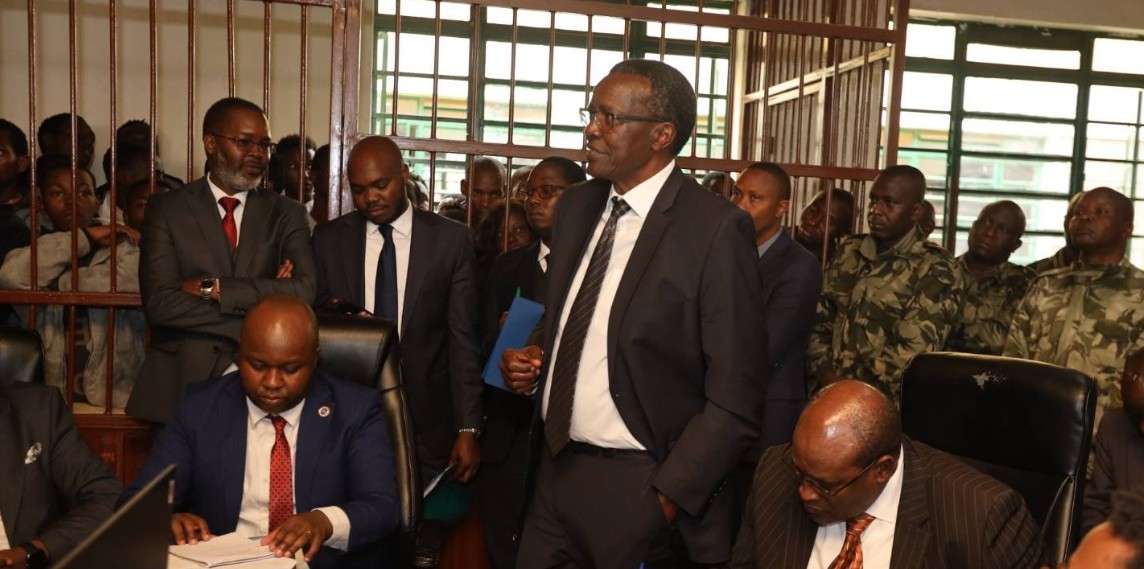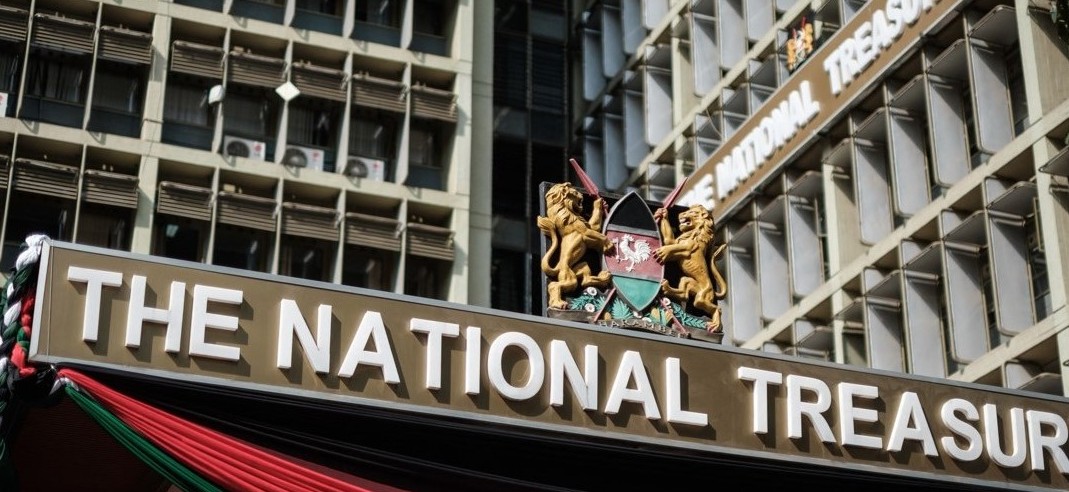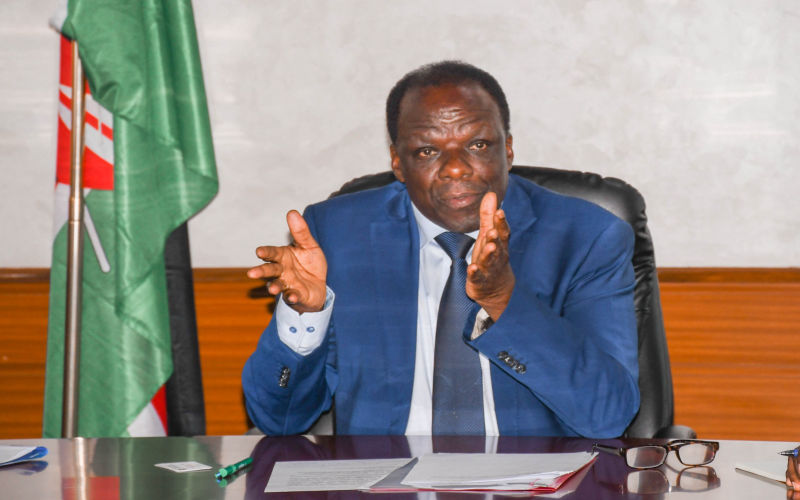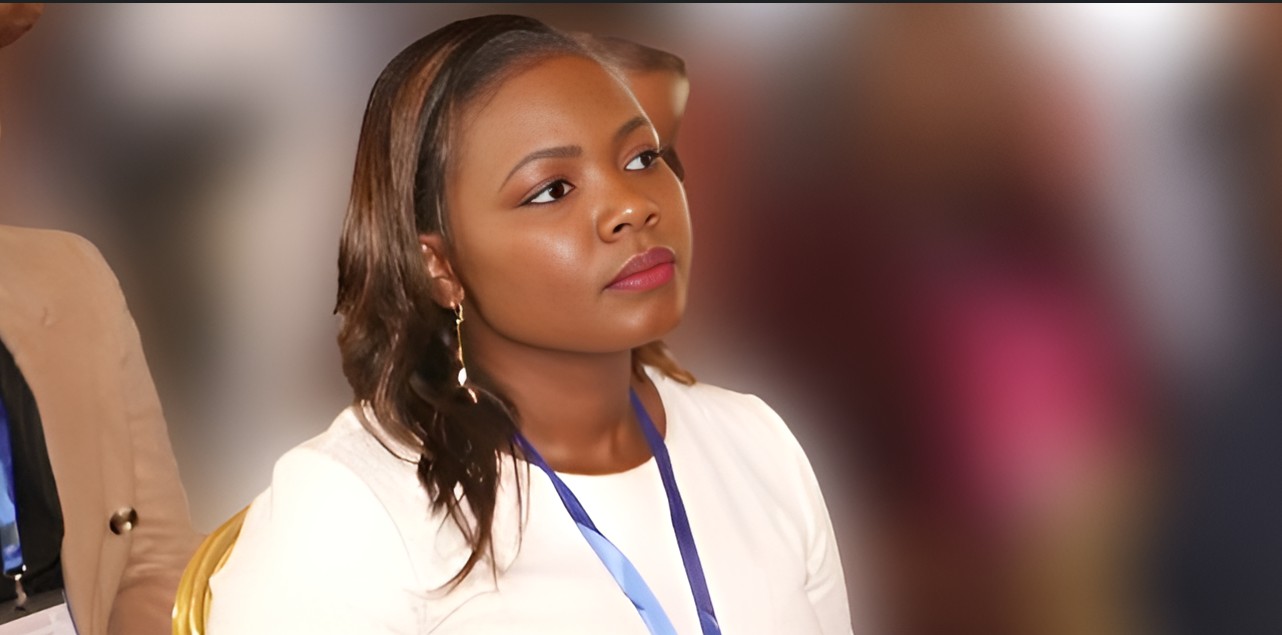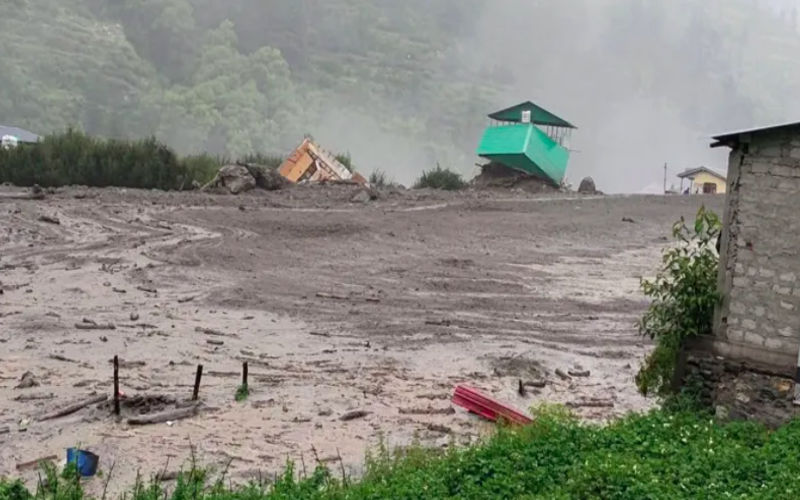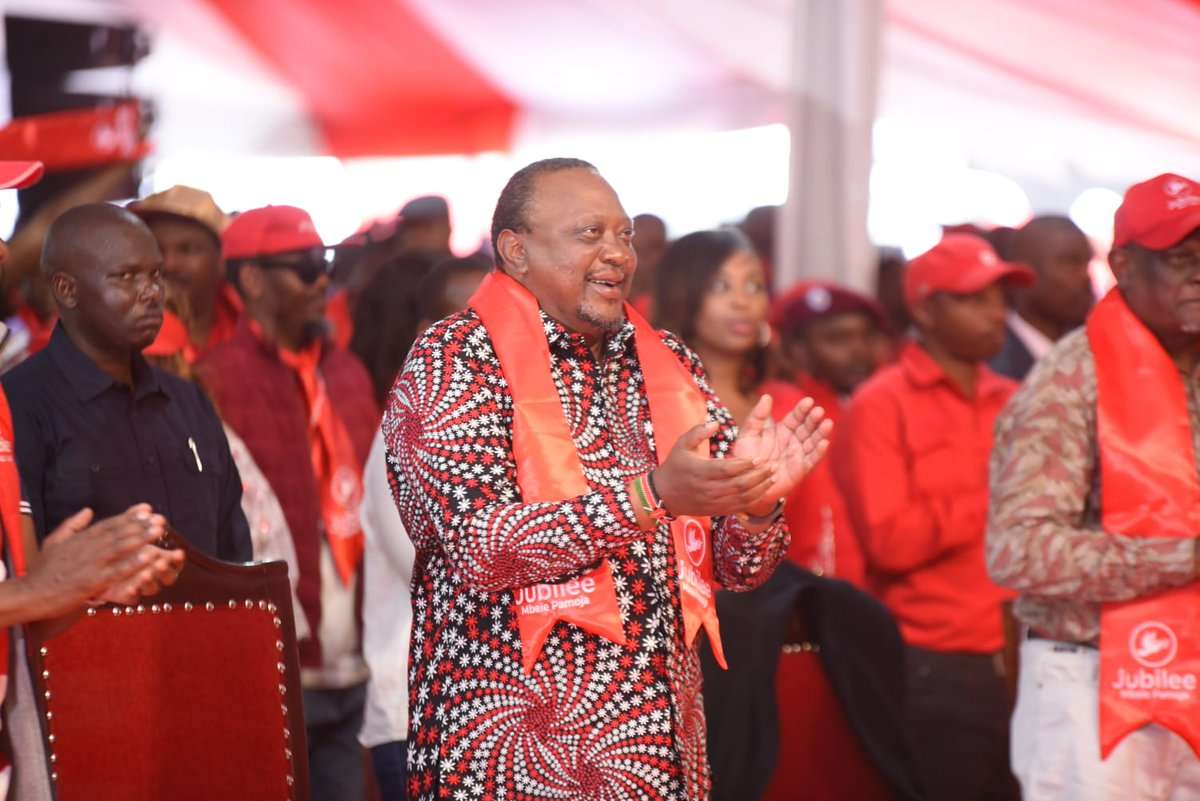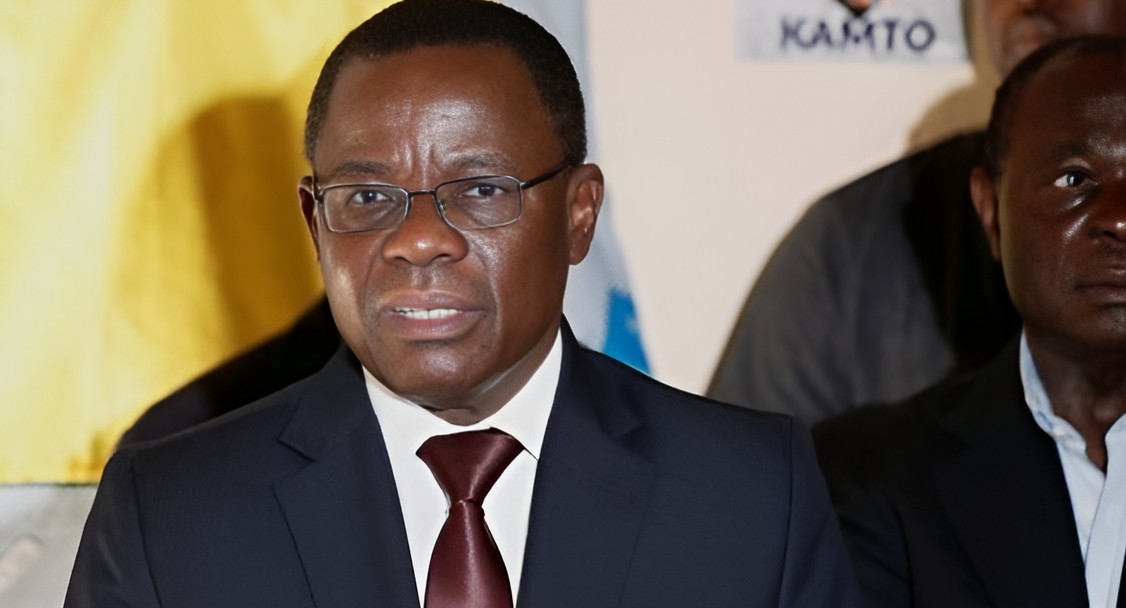Revenue talks stall as Senators warn of crisis in counties
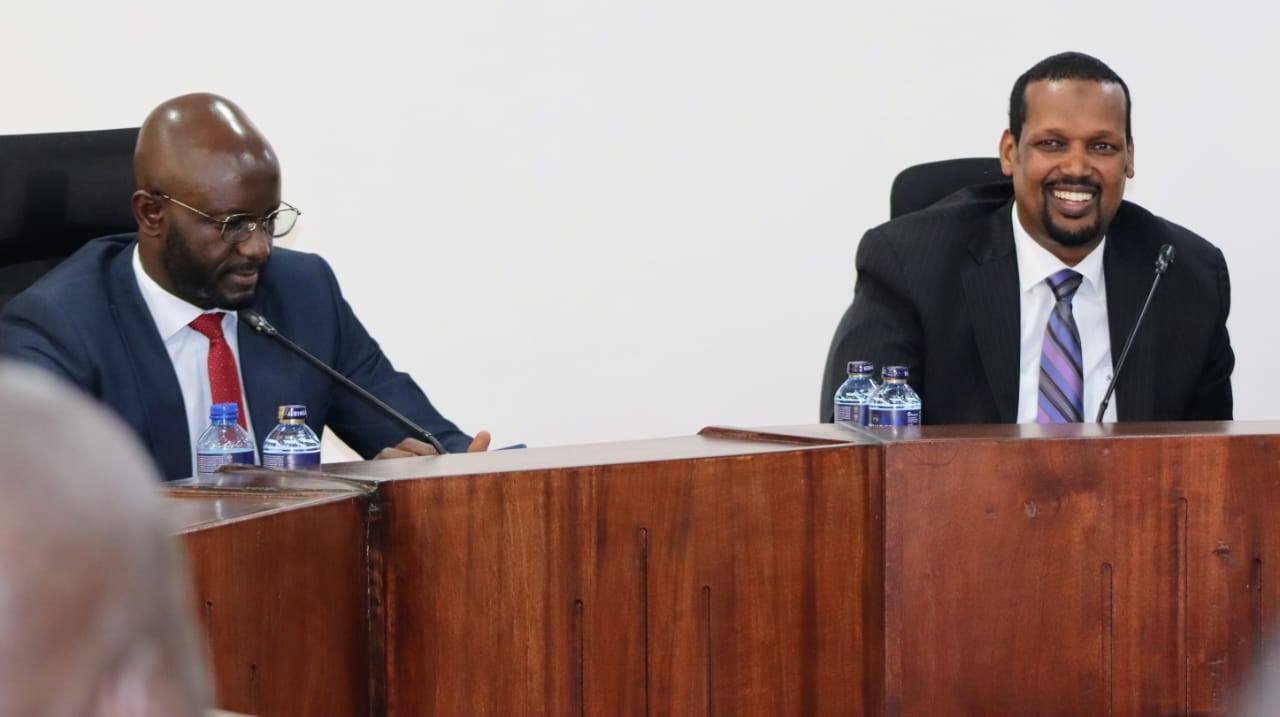
Senators have lowered their proposal slightly to Sh425 billion, while members of the National Assembly insist on a Sh410 billion allocation, leaving a Sh15 billion gap, but no agreement in sight
Parliament remains deadlocked on how much money counties should receive in the next financial year after a third mediation sitting between the Senate and National Assembly ended in disagreement, with both sides refusing to soften their stances.
Senators have lowered their proposal slightly to Sh425 billion, while members of the National Assembly insist on a Sh410 billion allocation, leaving a Sh15 billion gap, but no agreement in sight.
More To Read
- National Assembly gets reprieve after Court of Appeal stays decision cutting counties out of road fund
- New Bill could allow president to award 'Senior Counsel' title to politicians, civil servants
- Senators propose Bill to expand powers in fresh bid to counterbalance National Assembly
- Senators clash over expanded list of counties benefiting from equalisation fund
- Senators demand answers over billions paid to ghost schools
- Lands CS Wahome defends demolitions along Nairobi River amid claims of bias
During the June 17 meeting, Senators Ali Roba, Danson Mungatana, Boni Khalwale, Eddy Oketch, Mohamed Faki and Tabitha Mutinda criticised their National Assembly counterparts for what they called bad faith in negotiations.
They warned that anything below Sh425 billion would harm counties’ ability to deliver services.
“We have consulted amongst ourselves as senators, and it is our view that we reduce further by Sh2 billion to arrive at Sh425 billion,” Mungatana said.
Khalwale argued that some counties are already struggling to fund basic services.
“Counties should get Sh425 billion. There are counties that do not have anything for development. A county like Vihiga has five constituencies using CDF money, but the governor has nothing to do.”
But MPs Owen Baya, Marianne Kitany, Robert Pukose and George Kariuki stood their ground, saying the Sh410 billion offer already includes additional funding like the Sh13 billion set aside for primary healthcare.
“There is Sh13 billion that has been allocated for primary healthcare, which basically will go to the counties. We want to persuade our colleagues to accept the Sh410 billion, given that there are other allocations still going to counties,” Pukose said.
The mediation committee is co-chaired by Senator Ali Roba and MP Samuel Atandi. It first met on June 14 and is expected to reconvene on June 19 to seek a final consensus on the Division of Revenue Bill, 2025, ahead of the July 1, the start of the financial year.
Atandi defended the National Assembly’s position by pointing to budgetary constraints.
“Out of the Sh2.7 trillion revenue that is projected to be realized in the coming financial year, Sh1.1 trillion will be used to pay interest on debts. I just want to remind you, even as you insist on advancing your figures upwards, you look at the fiscal space left. That is why you realize that from our side, climbing up is very, very difficult.”
Senator Ali Roba, however, maintained that counties are under pressure from national policies like the housing levy, increased NSSF deductions, contributions to the Social Health Authority, and stipends for community health promoters.
“There is a bit of goodwill that has been shown by both sides in the reality of the circumstances, and we need to find convergence as quickly as possible. We should do that within the context of the fact that revenues to county governments have not been growing for the last six years as much.”
Khalwale added that if there is any revenue shortfall, it should be absorbed by the national government.
“The President has spoken as much that the indicators of a performing economy are on the upward trajectory, and therefore I want to affirm my collection of the Senate that we remain at Sh427 billion. Let the National Assembly listen to us... If they refuse to come up, the Constitution is live. It will speak.”
Dr Pukose agreed in principle, but cautioned against setting a figure that might lead to further delays in disbursements.
“I agree with Senator Khalwale that once the Division of Revenue is passed and we have a shortfall in revenue, then the national government bears the responsibility and that means it bears it through the supplementary budget, but the counties will not bear that responsibility. But what happens is that if we pass a figure that is unrealistic, we end up with the counties having pending bills because the exchequer is not able to release money to the counties.”
Despite small shifts, the two Houses remain far apart. The mediation team must now find common ground before the next sitting or risk delaying crucial funding to counties.
Top Stories Today
Reader Comments
Trending
